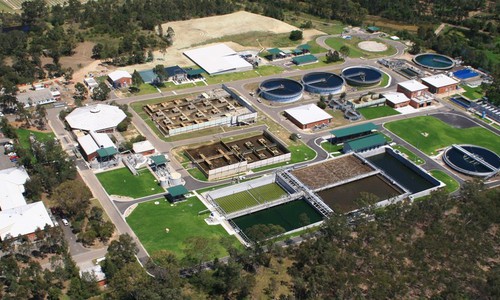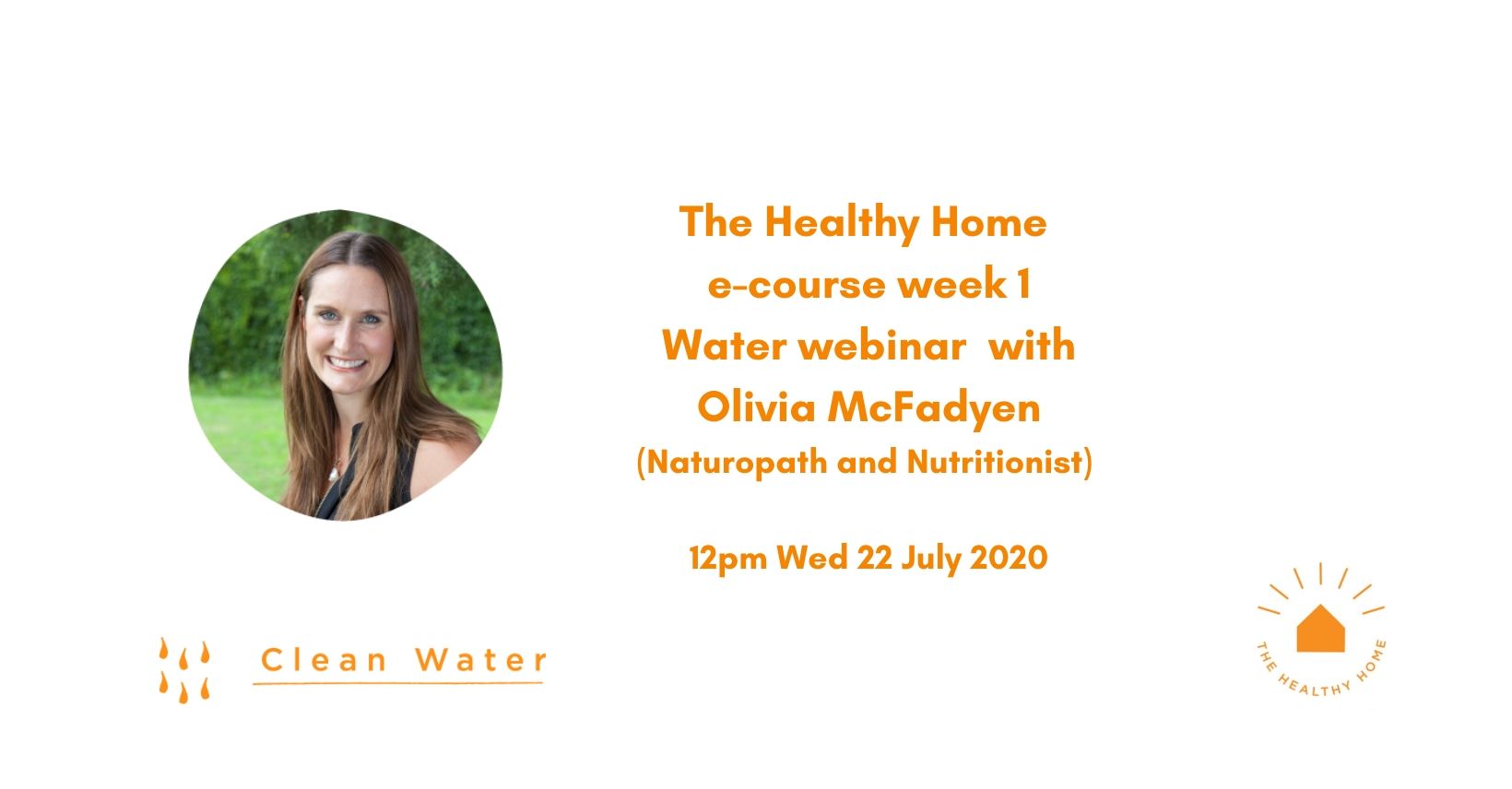Water filtration - luxury or necessity?

Growing up in Melbourne we were always told that we had the best drinking water in the world...
While it's certainly good by global standards, it wasn't until five years ago when I was really sick, that I began to look closely at what's in our drinking water and whether filtering it is a luxury or a necessity.
As I didn't have a water filter, I was purchasing bottled water and questioned whether this was really necessary, so I switched back to tap water and over the next two days deteriorated very rapidly.
I felt really nauseous and switched back to bottled water to see if it would make a difference. I started feeling better straight away, and then looked closely at what is in the water that comes out of the taps in our homes.
When you consider that water keeps us hydrated, carries nutrients into our cells, helps us eliminate toxins, regulates our body temperature, wakes us up when we are tired, gets rid of headaches; that the water we shower and bathe in gets absorbed into our bloodstream, the contents of the water we drink are worthy of as much scrutiny of nutrition labels on the food we buy, aren't they?

What is your water treated with?
You can go to your local council website to see what your water supply is treated with. Typically this is what you will find, that you need to be aware of:
Fluoride - to help prevent tooth decay. This is a legal requirement under the Health (Fluoridation) Act 1973 by the Department of Health.
There are numerous studies linking fluoride to serious health effects (including 64 studies that have found elevated fluoride exposure is associated with reduced IQ in children - unborn children are particularly at risk from exposure when in the womb).
The Fluoride debate is a huge can of worms in itself, which we go into in detail in The Health Home e-course module on water quality, but it has also been linked to bone cancer, arthritis and ADHD.
Chlorine: while necessary to kill bacteria, isn't great for us to drink or bathe in.
"Chlorine reacts with organic matter such as leaf litter and soil particles to create carcinogenic chemicals referred to as trihalomethanes (THMs), according to Nicole Bijlsma, founder of the Australian College of Environmental Studies (Bijlsma, 2018).
Nicole also highlights concerns about links to bladder cancer, small intestine and colorectal cancer in people who drink chlorinated tap water, as well as it being a strong skin and lung irritant.
Chlorine also makes our water more acidic, and contributes to the leaching of heavy metals from pipes.
Heavy metals including aluminium, lead and copper, pesticides, the contraceptive pill, antibiotics, antidepressants, radioactive materials, and asbestos can also make their way into our waterways and our homes.
It was estimated in 2016 that about 40,000km of water pipes in Australia contain asbestos cement that is wearing out. Asbestos isn't monitored and the links between asbestos and cancer are well established. Charming, right?
Downpipes in homes are typically made of Polyvinyl Chloride (PVC) from pipes. PVC contains bisphenol A (BPA), which has been found to be an endocrine disruptor (Seachrist, D. et al 2016), linked to testicular and breast cancers, early onset puberty in girls (Leonardi et al. 2017), polycystic ovarian syndrome (Rashidi et al 2017), diabetes (Hwang et al. 2018), and heart disease (Gao & Wang 2014).
Vinyl chloride is classified a Group 1 carcinogen to humans’ agent by the International Agency for Research on Cancer (2018). It can also leach dioxin, which is a potent carcinogen and is widely recognised in scientific literature as the most toxic chemical known to man (Marinkovic et al. 2010 a). It is also listed in the Environmental Working Group’s Dirty Dozen Endocrine Disruptors (2013) along with BPA.
Knowing all of this, it's little wonder tap water made me feel so sick, at a time when my body was already overburdened with toxicity (I was going through mould illness / Chronic Inflammatory Response Syndrome), and my immune system was weak after radiotherapy and surgeries.
It's hard to dispute that filtering our water is a pretty basic necessity for optimum health, and for giving children their best start in life. It is water after all, that gives us life!
The rabbit hole of water filtration options, and whether to alkalise and re-mineralise (and if so, with what?) is DEEP, and can be very confusing!
This is a topic we cover in depth in Module 1 of the Healthy Home e-course, and we consider the best options from a budget, environmental health, sustainability, and nutritional point of view.
The five week Healthy Home e-course kicks off next Monday 20th July.
We have Olivia McFadyen, Nutritionist and Naturopath lined up for a webinar at 12pm on Wed 22nd to share her thoughts from a nutritional point of view and answer your questions. 
Members of The Healthy Home e-course also get an exclusive discount code for water filters and other healthy-home related products.
As well as water, we cover the five pillars of The Healthy Home, which are:
1. Clean Water
2. Light
3. Air Quality
4. Low Frequency
5. Low Tox
To find out more about the e-course and what we cover, as well as what The Healthy Home e-course alumni have said about it, click here.
Doors close at 10pm this Sunday 19th July 2020, hope to see you in the group!

